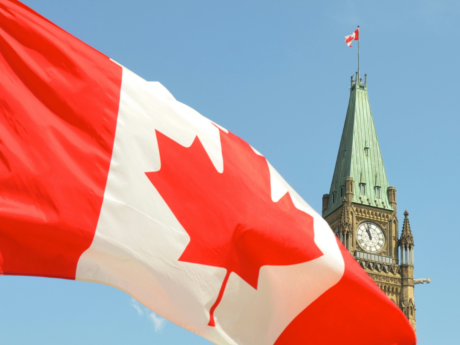Do I get paid while on strike? And other financial concerns
CPA, CIRP, Licensed Insolvency Trustee

CPA, CIRP, Licensed Insolvency Trustee
When employers and union members can't reach an agreement at the bargaining table, a strike action may be called. From negotiations to the picket line, a strike makes your day-to-day schedule—and your finances—unpredictable. Whether you’re part of a public service, private, or trade union, we’ve addressed four common financial concerns you might have while on strike.
1. Do you get paid while on strike in Canada?
It depends. You may still be entitled to receive pay for time worked before the strike starts, but your employer may not have to compensate you while on strike (refer to workplace policies or your employment agreement). If you’re part of a union strike, you might have access to a strike fund, made from union dues, which can help bridge the income gap.
You may also be eligible for strike pay. This is usually less than your regular pay cheque and may require you to complete strike activities, like picketing. This is seen as non-taxable income by the Canada Revenue Agency (CRA), meaning you won't have to pay taxes on the amount received.
You may also keep employment benefits while on strike, like health insurance, but only if your union continues to pay premiums. Some provinces also protect pensions, but Canada Pension Plan (CPP) doesn’t count these hours as pensionable service.
2. Can my wages continue to be garnished if I go on strike?
If your wages are currently being garnished, the garnishment will likely be paused as you won’t receive regular income. Your employer is responsible for updating your employment status with the garnisher or court. They must also be notified when you return to work so the garnishment can continue.
3. What happens if I can’t pay my mortgage or other debt while on strike?
If you don’t have an emergency fund or the strike lasts longer than expected, it may be time to reassess your budget. Is there any spending you can cut back on for the time being? Do you have a TFSA or other investments aside from an RRSP or pension you can pull from? Do you have friends or family you could turn to for temporary financial support?
Additionally, you can search for other income sources. Your union will likely require you to refuse work in your current field, but you can pick up a side job to help make ends meet. As long as any additional employment falls outside your strike duty hours and current work, you should be in the clear, but it’s always best to check with your union representative or employer beforehand.
If you’re already struggling with debt, reach out to your creditors. They may be willing to pause your payments or reduce interest until you return to work. You may also have purchased creditor or loan insurance as part of your credit card, mortgage or line of credit agreement. This usually covers your minimum payment or 10-20% of your balance for a set amount of time. Check the terms of your agreement and see if strikes or walk-outs are a covered loss of income.
For student loans, you can also reach out to the Student Loan Repayment Assistance Plan, to see if you’re eligible for a temporary break on payments. Let your creditors know your situation as soon as possible. They may be less willing to compromise if you’ve already missed several payments without notice.
4. Can I file bankruptcy or a consumer proposal while I am on strike?
Yes. There are no rules to prevent you from filing a consumer proposal or bankruptcy while taking part in a strike. As long as you’re insolvent-- you owe at least $1,000 and cannot meet your financial obligations--your current employment status won’t be an issue.
However, if your income significantly changes after the strike, this could change your bankruptcy payments and how long your bankruptcy lasts. The Office of the Superintendent of Canada (OSB) sets a national payment standard based on income and the number of dependents in a household. If you file based on your strike income, then return to work at a higher pay, you may owe additional income to your creditors. This is known as surplus income and could extend your bankruptcy to up to 21 months.
A debt solutions specialist or Licensed Insolvency Trustee can walk you through all the potential outcomes of filing for insolvency. We offer free, no-obligations consultations to discuss your debt and figure out the best solution. Book your consultation online, or give us a call, toll-free, at 1-844-4GT-DEBT.
About the Author
CPA, CIRP, Licensed Insolvency Trustee
Take the first step to debt freedom
Speak to one of our debt solutions professionals during a free, no-obligation consultation.
Related articles

Caught in the odds: Understanding gambling debt and how to get help

How can a Licensed Insolvency Trustee help with my debt?

Do you owe CERB debt? Here's what Canadians need to know about repayment

How much debt is normal in your province?

Can I file for bankruptcy if I own a house?

What Canada’s 2025 federal budget could mean for your taxes—and your wallet

4 common investment scams and how to avoid them
Looking for assurance, tax, and business advisory services? Visit Doane Grant Thornton LLP.

Loading